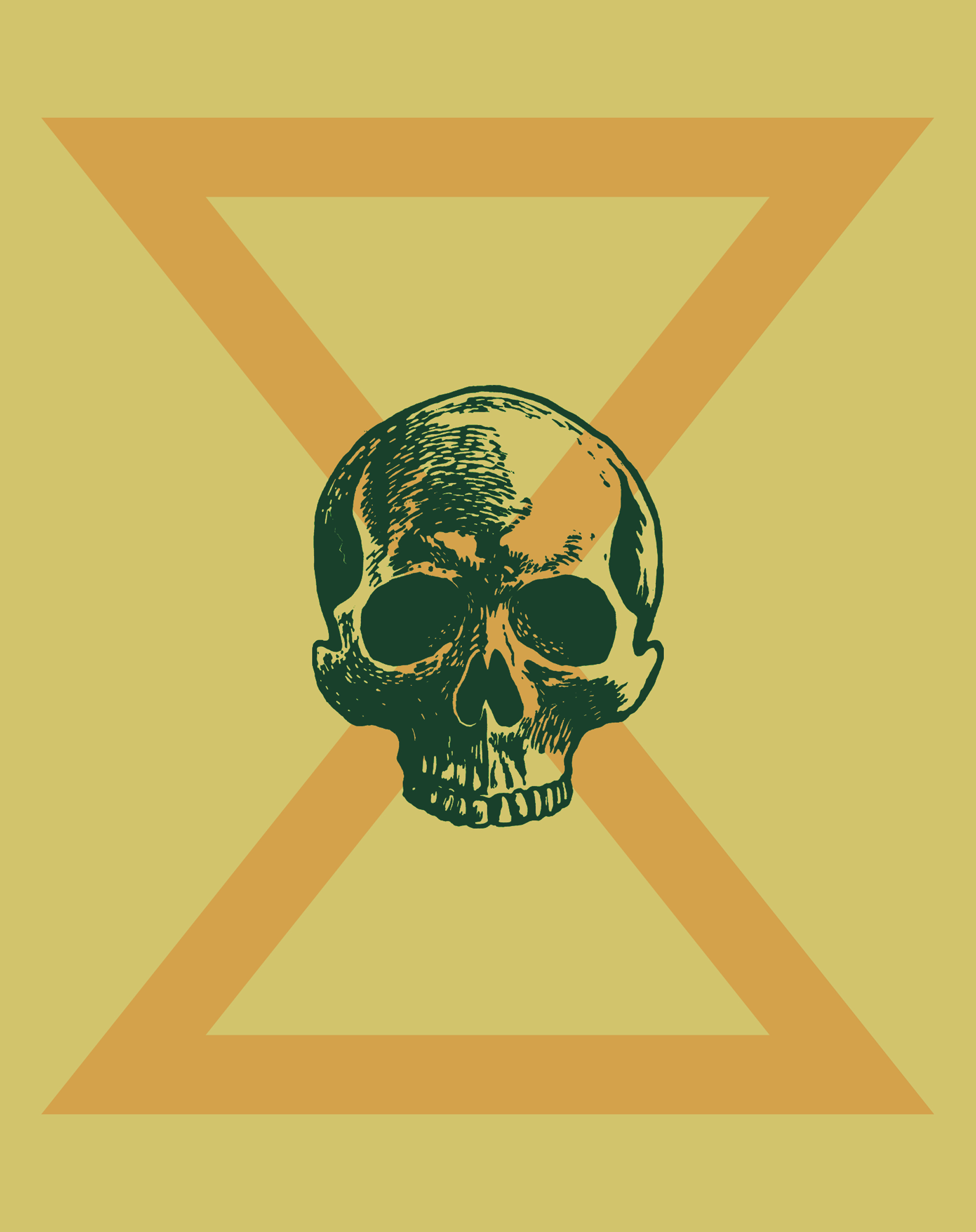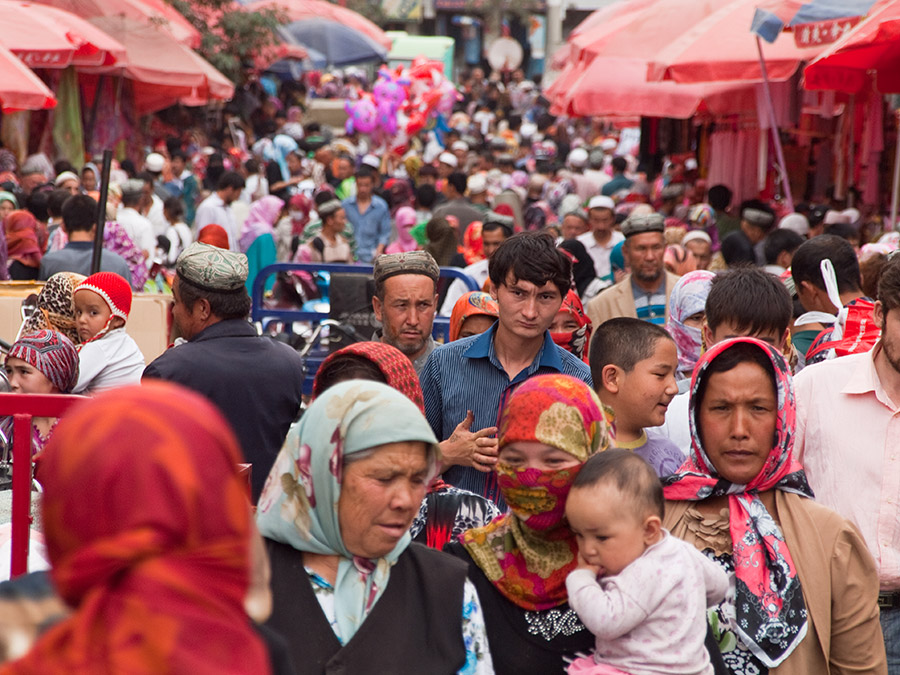Massive call for elections in Iraq
BAGHDAD, Iraq – Tens of thousands of men, angry and yelling, marched through the streets of Baghdad on Monday, calling for direct elections in a show of force by the nation’s Shiite Muslim leadership.
The mostly peaceful demonstration took place hours before Ambassador L. Paul Bremer, the top U.S. envoy to Iraq, met with officials at the United Nations to discuss U.N. involvement in the transition to Iraqi self-rule.
The demonstration sent a clear message that if Bremer carries through with an American plan to select an Iraqi government through caucuses, instead of direct elections, he would face widespread civil disobedience, if not outright violence.
“If they do not give us our rights, we will take them,” said Sheik Haider Allawi, a member of the holy city of Najaf’s Hawza, a collection of Shiite scholars who make up the sect’s highest authority and whose decisions are taken as law by Shiite followers. Allawi was observing the demonstration with other religious leaders from a bridge overlooking the 3-mile-long procession.
Shiites fear that the caucuses would lead to a rigged outcome that would deny them control of the government. Shiites make up 60 percent of Iraq’s population of 25 million.
“First, we will demonstrate,” said Sheik Hassan Zaki, a cleric from Najaf. “After that, we will strike, not going to our jobs. After that … the doors of paradise will open for the martyrs.”
Asked what he meant, Zaki said, “We will make a revolution against the Americans, as our fathers did against the British in 1920.”
Zaki is a student of Shiite leader Grand Ayatollah Ali al-Husseini al-Sistani, whose calls for direct elections have repeatedly thrown a wrench in U.S. plans to hand power to the Iraqis.
Sistani has refused to meet directly with U.S. officials, and it’s unclear whether, or under what circumstances, Sistani might agree to a modified version of the U.S. plan that fell short of direct elections.
Bremer has insisted that direct elections aren’t possible yet because of a lack of security, a reliable census and an election law. The current plan – announced in November partly in response to Sistani’s objections to an earlier plan – is to have a caucus system leading to a national assembly, with Bremer’s Coalition Provisional Authority to be dissolved on June 30.
While Monday’s demonstration had a plethora of chants – “No, no to appointed government. Yes, yes to elections” – there was one that drove the crowd wild, shouting and pumping fists in the air:
“Just give the order Sayyid Ali! We will start the revolution of 1920 again!”
The 1920 date marked a four-month uprising by the country’s Sunni and Shiite Muslims against the former British occupation, which resulted in some 10,000 deaths.
The “Sayyid Ali” referred to Sistani.
Every person in the crowd interviewed Monday echoed the words of Hamis Mohassen, a Baghdad house painter. “I am awaiting the word of Sistani,” he said.
Saleh Mahdi, an ironsmith: “If there are no elections? Our religious leaders will have the final word.”
As Mahdi was speaking, a man interjected, “Each one of us is a bomb, so the United States should be careful.”
He was hushed by cries of “Quiet! It is not yet time. Sistani will speak for us.”
Iraq’s Shiite population was brutally suppressed under the former dictator Saddam Hussein’s regime.




